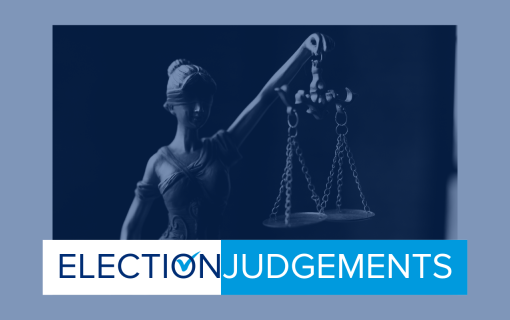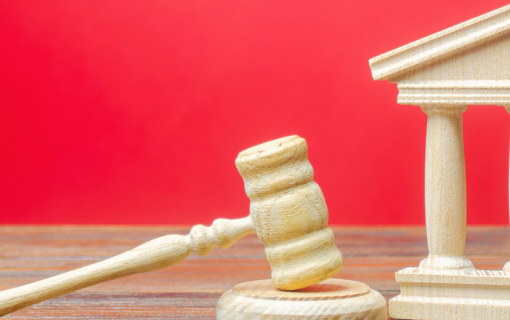Election Audits: International Principles that Protect Election Integrity
The International Foundation for Electoral Systems (IFES) and Democracy International (DI) have released a new joint white paper that identifies best practices for election audits in developing democracies. Election audits, which are increasingly used as a means of settling disputes about electoral results, are often conducted as ad hoc processes without clearly defined standards and procedures. In this collaborative effort, IFES and DI put forth recommendations to guide electoral management bodies in preparing for election audits.
As the international community continues to support electoral processes in developing democracies around the world, it is critical to come to consensus on standards that should be applied both to assess the need for an election audit and to conduct such an audit. This white paper is the first effort at building that consensus.
Elections in developing and post-conflict environments can offer countries a path to democracy and their citizens the prospect of a better life. The peaceful and credible resolution of electoral disputes is of special importance in these contexts, where legal frameworks for elections are sometimes ambiguous, the rule of law may be weak, and allegations of fraud are commonplace and frequently legitimate.
Drawing on their extensive involvement in several recent election audits in developing democracies, IFES and DI seek to define the most important considerations for audits, based on the premise that they should be used only in limited circumstances and according to clearly defined and predetermined frameworks. Ad hoc audit processes, conducted absent a clear regulatory framework, can weaken the credibility of election outcomes and undermine the ability of new democracies to provide effective governance and to hold elected officials accountable to their citizens.
The paper addresses international standards for election audits, including:
- Ownership of the audit process;
- Predetermination and uniform application of procedures;
- Training processes;
- Evidentiary requirements;
- The right of appeal;
- Operational considerations for election managers; and
- The role of candidate agents and observers.









